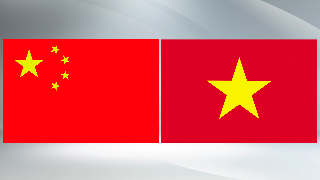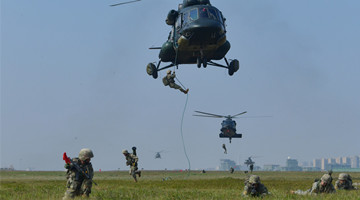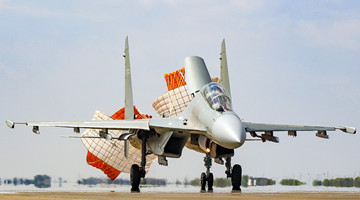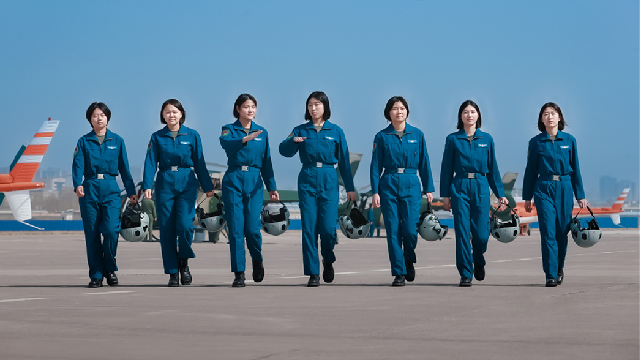By George Mickhail
Today, we are witnessing uncanny parallels with the Cold War: alliances forming broadly along one of two socioeconomic and political systems.
As capitalism confronted communism in the Cold War, today we have post-neoliberalism championed by populist neoliberal conservatives confronting progressive social/state capitalism, taking shape in the lead-up to a new Cold War order.
A case in point is the Visiting Forces Agreement and the broader bilateral security cooperation between Australia and Japan that will be ratified early this year. It comes on the back of the Acquisition and Cross-Servicing Agreement that facilitates the exchange of support between the countries - especially transport, equipment and ammunition. This forms part of Australia's commitment to the "special strategic relationship" with Japan.
There is already extensive cooperation in cybersecurity and counterterrorism, and Australian Prime Minister Malcolm Turnbull says the security relationship will grow "deeper and more sophisticated."
The significance of the Australian-Japanese agreements is that they give credence to Japanese Prime Minister Shinzo Abe's "free and open Indo-Pacific" strategy and "proactive pacifism" vision for the Japanese Self-Defense Force's expanding regional security role.
They also allow for greater cooperation between Australia, Japan and the US as well as other like-minded partners, like India in order to preserve their hegemony, reframed as "rules-based international order," on the pretext of supporting a peaceful and stable Indo-Pacific.
US President Donald Trump's ambivalence about US international commitments to its Asian alliances may seem somewhat insular, but it may simply be to cut spiraling US national debt and to spread the US "geopolitical risk."
As the US GDP is stagnating at 1.76 percent and its military is spread so thinly in global conflicts, it makes sense for Trump to lean on traditional partners like Australia and Japan to shoulder their "responsibility" in the Asia-Pacific region.
The Australian-Japanese pact is part of defense alliances between populist neoliberal conservatives in the US, Australia, Japan and India on the pretext of countering the growing military threat of North Korea and China's ambitions in the Sea of Japan and the South China Sea. Japan's recent purchase of Aegis Ashore missile defense systems from the US to protect its territory from North Korean missiles has not been without controversy.
The Russians raised their concern over the US-built defense systems, claiming that they had universal launchers that can launch all types of missiles, which contravened the Intermediate-Range Nuclear Forces Treaty.
The Russians were also quick to point out that the Japanese deployment of anti-missile systems was part of a greater plan by the US for a "global anti-missile system," given the deployment of such systems in Romania and their impending stationing in Poland.
India is the third pivotal partner to Washington's Asia-Pacific strategy, and a long-time benefactor of US supply of nuclear technologies to enhance its deterrence capability in order to restrain China. India's ambition to join the Nuclear Suppliers Group (NSG) also threatens to destabilize a fragile South Asia mired in nuclear tensions. Neither India nor Pakistan is a signatory to the Nuclear Non-Proliferation Treaty.
A nuclear race is the inevitable outcome should India receive its NSG membership, and would undoubtedly jeopardize China's national priorities.
If there has been any lesson learned post-World War II, then it is the realization that interdependence and cooperation were far better for the common interests of humanity than force and confrontation.
Xi Jinping, general secretary of the Communist Party of China (CPC) Central Committee, echoed those very sentiments in his vision of a "new era" in building a community with a shared future for mankind in his report to the 19th CPC National Congress on October 18.
This was not lost on former Australian prime minister Bob Hawke, who on December 29 lamented the current lack of genuine leadership in the Western world to an audience at the Woodford Folk Festival in Queensland. He was critical of Turnbull, and far less charitable toward Trump.
The author is a senior lecturer at the School of Accounting, Economics & Finance, University of Wollongong, Australia.









